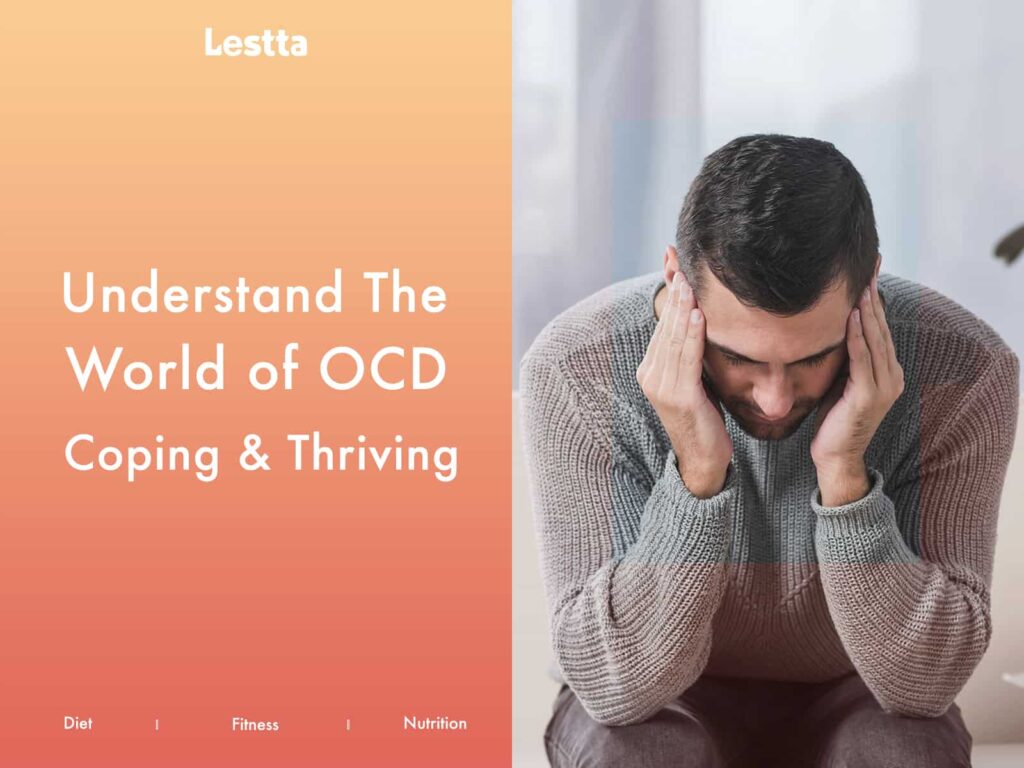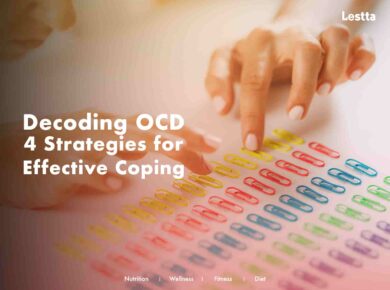
Obsessive-Compulsive Disorder (OCD) is a mental health condition that affects millions of people worldwide. It is characterized by intrusive thoughts (obsessions) and repetitive behaviors (compulsions). In this article, we will dig deeper to understand the world of OCD, explore its symptoms, and discuss ways to cope and thrive.
Understanding OCD
OCD is a complex disorder that manifests in various forms. It often involves distressing obsessions, which are intrusive thoughts, urges, or mental images that cause anxiety or distress. These obsessions can revolve around themes such as cleanliness, symmetry, order, or harm.
To alleviate the anxiety triggered by these obsessions, individuals with OCD engage in repetitive behaviors or rituals, known as compulsions. Compulsions provide temporary relief but do not address the underlying anxiety, leading to a vicious cycle of obsessions and compulsions.
Its Symptoms
OCD symptoms can vary from person to person, but they typically disrupt daily functioning and cause significant distress. Common obsessions include excessive fear of contamination, doubting, a need for symmetry, intrusive thoughts of harm, or a preoccupation with orderliness.
Compulsions often involve repetitive actions like excessive handwashing, counting, checking, arranging, or seeking reassurance. It’s important to note that these symptoms can consume a substantial amount of time and interfere with relationships, work, and overall quality of life.
Coping with It
While there is currently no cure for OCD, there are effective coping strategies that can help individuals manage their symptoms and lead fulfilling lives. Here are some approaches to consider:
- Psychotherapy: Cognitive Behavioral Therapy (CBT), particularly Exposure and Response Prevention (ERP), is considered the gold standard treatment for OCD. ERP involves gradually exposing oneself to feared situations or thoughts while refraining from engaging in compulsions. This process helps individuals learn that anxiety reduces over time without performing rituals.
- Medication: In some cases, medication, such as selective serotonin reuptake inhibitors (SSRIs), can be prescribed to help manage OCD symptoms. It’s important to consult a qualified healthcare professional to discuss the potential benefits and side effects of medication.
- Self-Help Strategies: Engaging in self-help techniques can also complement professional treatment. These include practicing stress-reduction techniques like mindfulness, deep breathing, and meditation. Building a strong support network of understanding friends and family members can also provide a valuable source of encouragement.
Thriving with It
Thriving with OCD involves more than just managing symptoms—it’s about embracing self-acceptance, seeking support, and cultivating a meaningful life. Here are some additional tips to help you thrive:
- Educate yourself: Gain knowledge about OCD and stay informed about the latest research and treatment options. This understanding will empower you and help you advocate for yourself.
- Build a support system: Connect with support groups or online communities where you can share experiences, seek advice, and find encouragement from others who understand what you’re going through.
- Practice self-care: Prioritize self-care activities that promote mental and emotional well-being. Engage in hobbies, exercise regularly, maintain a balanced diet, and ensure adequate sleep.
Conclusion
Trying to understand OCD is the first step towards coping and thriving with this challenging condition. By familiarizing ourselves with its symptoms, seeking appropriate treatment, and implementing effective coping strategies, we can manage OCD and lead fulfilling lives.
Remember, you are not alone in this journey. Reach out for support, educate yourself, and embrace self-acceptance









